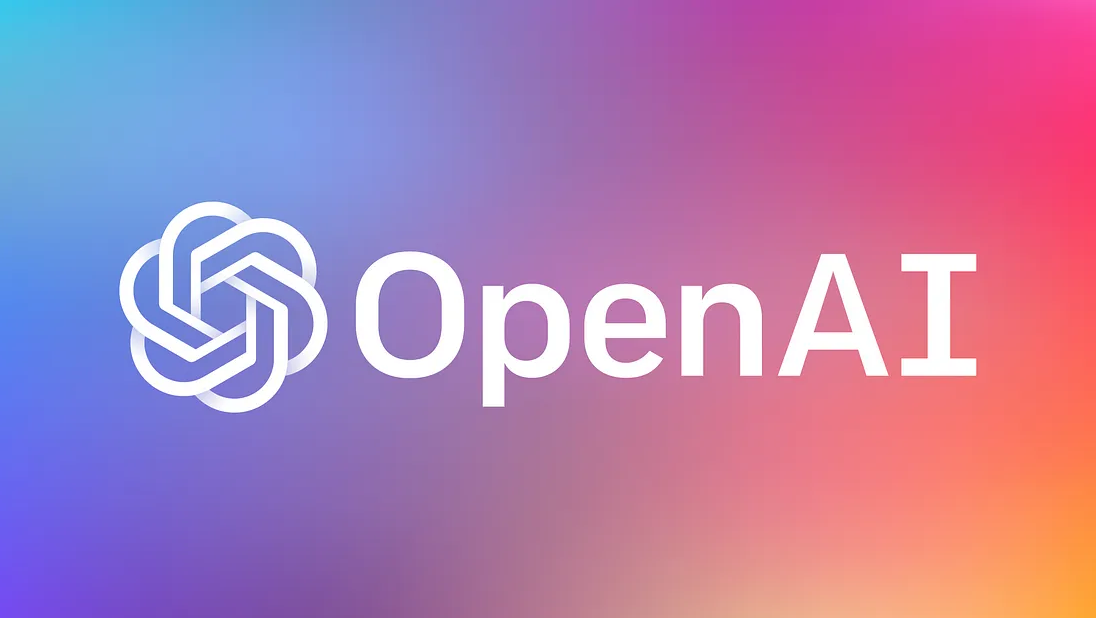Australia has introduced a minimum age requirement of 16 for social media accounts during the week, marking a significant shift in its online safety framework.
The eSafety Commissioner has begun monitoring compliance, offering a protective buffer for young people as they develop digital skills and resilience. Platforms now face stricter oversight, with potential penalties for systemic breaches, and age assurance requirements for both new and current users.
Authorities stress that the new age rule forms part of a broader effort aimed at promoting safer online environments, rather than relying on isolated interventions. Australia’s online safety programmes continue to combine regulation, education and industry engagement.
Families and educators are encouraged to utilise the resources on the eSafety website, which now features information hubs that explain the changes, how age assurance works, and what young people can expect during the transition.
Regional and rural communities in Australia are receiving targeted support, acknowledging that the change may affect them more sharply due to limited local services and higher reliance on online platforms.
Tailored guidance, conversation prompts, and step-by-step materials have been produced in partnership with national mental health organisations.
Young people are reminded that they retain access to group messaging tools, gaming services and video conferencing apps while they await eligibility for full social media accounts.
eSafety officials underline that the new limit introduces a delay rather than a ban. The aim is to reduce exposure to persuasive design and potential harm while encouraging stronger digital literacy, emotional resilience and critical thinking.
Ongoing webinars and on-demand sessions provide additional support as the enforcement phase progresses.
Would you like to learn more about AI, tech and digital diplomacy? If so, ask our Diplo chatbot!










